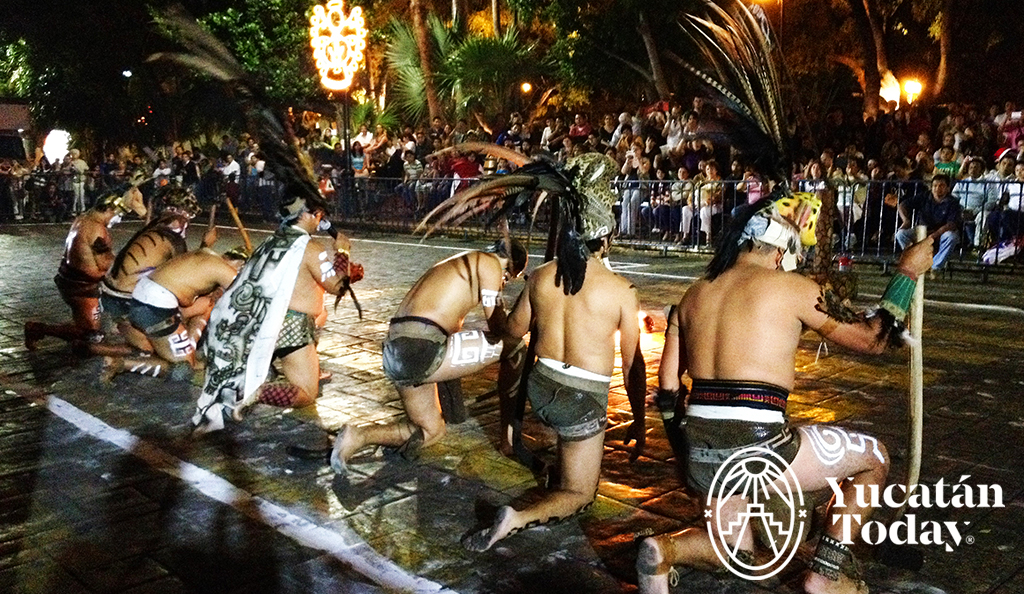If you ask a Yucateco about Kukulkán, they’ll for sure give you an answer based on history, mythology, or architecture. People outside the state, however, will now most likely think of the belligerent ruler of an underwater kingdom. That would be understandable: that’s what crowds around the world have heard through the film “Black Panther: Wakanda Forever,” in which Kukulkán is named as one of the antagonist’s incarnations.
Kukulkán, a Maya god
 Cinematic universes aside, who was Kukulkán, really? Let's take a look and find out. Kukulkán is the main deity of the Maya pantheon: the god of gods, the Yucatecan alternative to the Roman Jupiter and the Greek Zeus. In fact, all three are considered the gods of the sky; not the atmospheric sky, but the heavenly kingdom. It should also be clarified that Kukulkán is his name among the Yucatecan Maya gods. Other Maya groups called him different names; the K’iche’ Maya, for example, knew him as Gucumatz.
Cinematic universes aside, who was Kukulkán, really? Let's take a look and find out. Kukulkán is the main deity of the Maya pantheon: the god of gods, the Yucatecan alternative to the Roman Jupiter and the Greek Zeus. In fact, all three are considered the gods of the sky; not the atmospheric sky, but the heavenly kingdom. It should also be clarified that Kukulkán is his name among the Yucatecan Maya gods. Other Maya groups called him different names; the K’iche’ Maya, for example, knew him as Gucumatz.
His name, written in Peninsular Maya as K'uk'ulkaan, is interpreted as “feathered serpent.” Many associate it with the Aztec Quetzalcóatl, as they are similar in attributes, but not the same. Kukulkán is a creator god who favors life, with power over the elements, particularly water and wind, and therefore highly appreciated by Milperos or farmers.
Historically, Kukulkán was never involved in epic tales or family fights, unlike his Greek and Roman counterparts, always surrounded by scandal. On the contrary, it would seem that he is a peaceful god, impervious to squabbles.
Kukulkán in literature
According to Diego de Landa’s “Yucatan Before and After the Conquest: The Maya,” Kukulkán founded the city of Mayapán, after which he left for the west, back to his place of origin. This idea agrees with studies that indicate that he began to be worshiped by the Olmecs and Toltecs, in central México, and later brought to the Península by the Itzá Maya.
Several of the Chilam Balam sacred books predict Kukulkán’s return to the Maya lands. While the Aztecs saw the arrival of the Spaniards as the return of Quetzalcóatl, Kukulkán is still being awaited.
The worship of Kukulkán is no longer in full force, but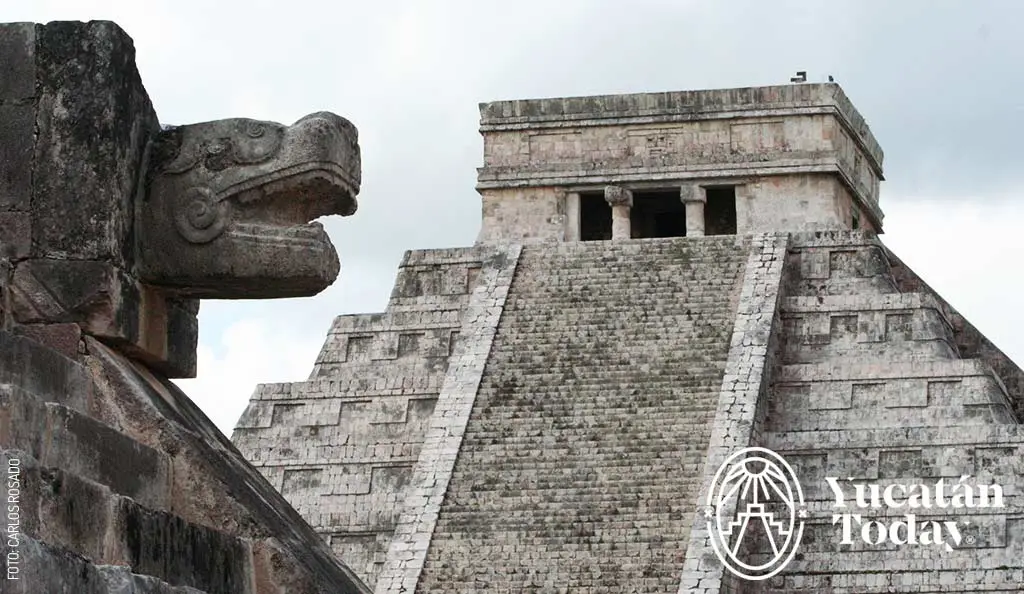 he’s still widely evoked: the most important pyramid in Chichén Itzá is named after him, and it’s his descent that’s widely expected at every equinox. Other namesakes include the baseball stadium that’s home to the Leones de Yucatán, the current national baseball champions (though styled with a C, Kukulcán) and the main tourist avenue in Cancún.
he’s still widely evoked: the most important pyramid in Chichén Itzá is named after him, and it’s his descent that’s widely expected at every equinox. Other namesakes include the baseball stadium that’s home to the Leones de Yucatán, the current national baseball champions (though styled with a C, Kukulcán) and the main tourist avenue in Cancún.
And now, thanks to Hollywood (and in a somewhat distorted manner, as Hollywood tends to do), his popularity spans the entire world.
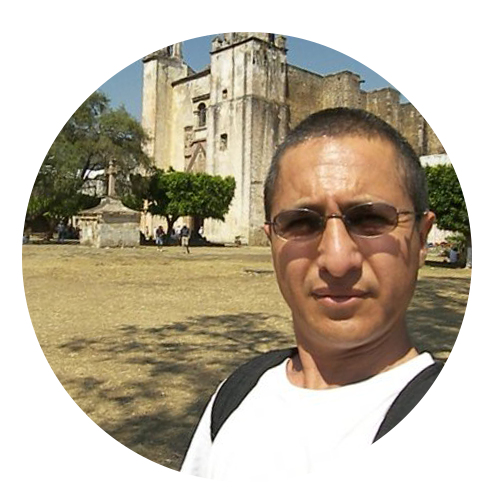
Author: Alberto Chuc
I like to travel through books and in the real world, activities that I combine whenever I can.
¡Receive the latest articles and much more from the best of Yucatán in your email!
Related articles
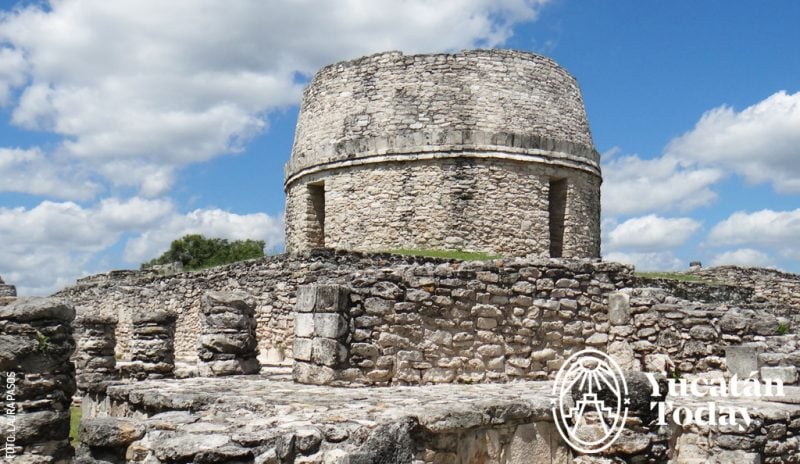
The Importance of Mayapán
One of the characteristics that unites the diverse Mesoamerican cultures is the pantheon of gods within their worldview. Among the gods who created...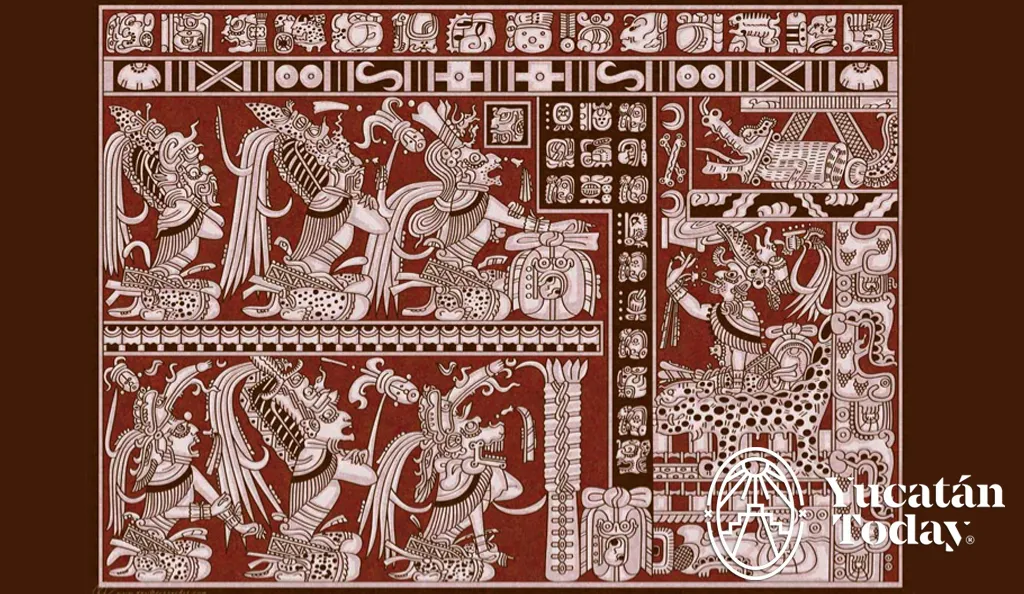
Discover the Maya Underworld
Find out how Xibalbá, the Maya underworld, was understood, organized and populated by different gods.